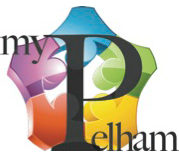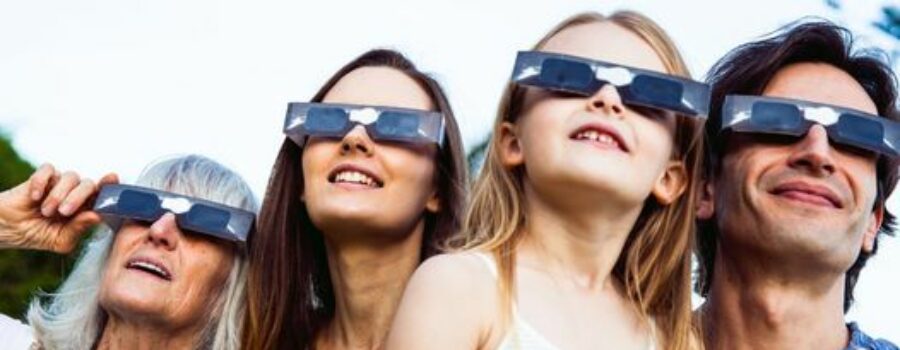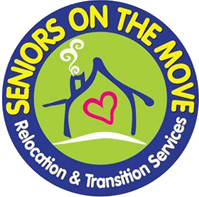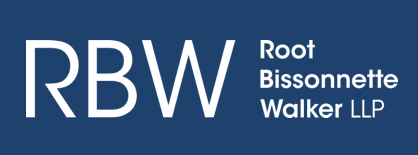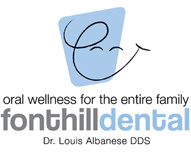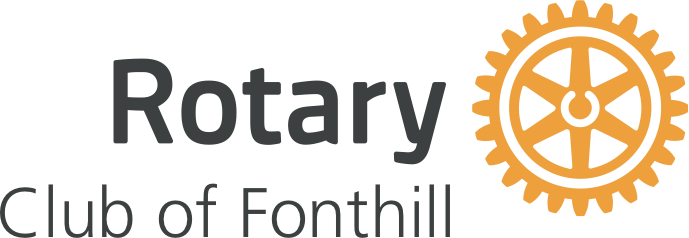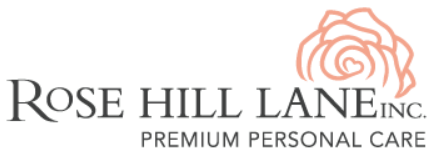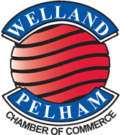On April 8, 2024, the Moon will move between the Earth and the Sun causing a solar eclipse to take place. Niagara will be one of the best places in Canada to view the eclipse.
Although the Moon will be covering most of the Sun, it’s still dangerous to look directly at the Sun during this time.
How to avoid eye injuries
It is very dangerous to look directly at the sun at any time, but during an eclipse the temptation to have a quick glance can be very strong.
To avoid damaging your retinas when viewing the solar eclipse:
- Do not view the eclipse at all or use a proper method of blocking the sun’s dangerous rays while viewing
- Use a filter that blocks all dangerous light. To do this, you must use ISO-certified eclipse glasses from a reputable vendor that meet the ISO 12312-2 international safety standard. The manufacturer’s name and address must be printed on the product.
- Do not use any viewer if it has scratched or wrinkled lenses
There are no pain sensors in your retinas to indicate that your eyes are being damaged by looking at the Sun.
Symptoms can take 12 to 48 hours to appear and can include retinal burns, permanent or temporary visual loss, and blurred vision. Once symptoms begin, it’s usually too late to reverse any damage.
Certified eclipse glasses
Health-related issues
If you experience any health-related issues, see your optometrist or go to the hospital immediately. Do not attempt to drive.
How to tell if your solar eclipse glasses are safe
You should not be able to see anything through a safe solar filter except the Sun itself.
If you’re not sure if the product came from a reputable vendor, don’t use it.
Safe solar filters produce a view of the Sun that is comfortably bright like the full Moon. If you glance at the Sun through your solar filter and find it uncomfortably bright, out of focus or surrounded by a bright haze, do not use it.
What to avoid
- Ordinary sunglasses or multiple pairs of sunglasses
- Neutral density or polarizing filters, such as those made for camera lenses
- Smoked glass
- Photographic or X-ray film (unexposed, exposed or developed)
- Eclipse glasses with a binocular or telescope
- Potato-chip bags, DVDs, and any other do-it-yourself filters
Homemade filters
Homemade filters are not recommended.
Homemade filters may seem like they dim the Sun to a comfortable level, but that does not mean they do so across the entire electromagnetic spectrum to which our eyes are sensitive.
 Back to myNiagaraOnline
Back to myNiagaraOnline